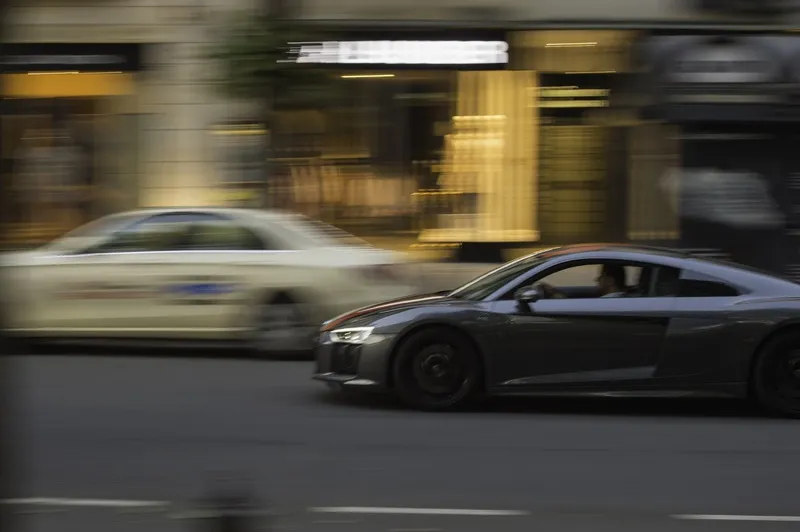
Despite far fewer vehicles on the road due to the Covid-19 lock-down, US state highway officials say they are seeing a spike in drivers speeding.
Some are reporting a significant surge in vehicles clocked at 100mph or more, according to the Governors Highway Safety Association (GHSA).
“While Covid-19 is clearly our national priority, our traffic safety laws cannot be ignored,” said Jonathan Adkins, executive director of the GHSA.
“Emergency rooms in many areas of the country are at capacity and the last thing they need is additional strain from traffic crash victims.”
Concurrently, during the past month, officials report an exponential increase in pedestrian and bicycle traffic.
To keep roads safe for everyone, traffic safety officials nationwide are pleading with motorists to slow down and respect traffic safety laws, he said.
Police in the US states of Colorado, Indiana, Nebraska and Utah have clocked highway speeds of over 100mph while Florida and Iowa has seen drivers reaching 40mph over the posted speed limit.
In New York City, too – the worst-hit US city for deaths during the Covid crisis - automated speed cameras issued 24,765 speeding tickets on March 27. This is nearly double the 12,672 tickets issued daily a month earlier, according to city officials.
Meanwhile, in Los Angeles, speeds are up by as much as 30% on some streets, prompting changes to traffic lights and pedestrian walk signals.
“During the past two months, Americans nationwide have shown that we are all willing to do the right thing to protect ourselves and each other,” said Pam Fischer, senior director of external engagement and special projects at the GHSA.
“We must maintain that same sense of urgency when it comes to the road. Drivers need to respect the law and look out for other road users, so that we can prevent needless loss of life now and moving forward.”







